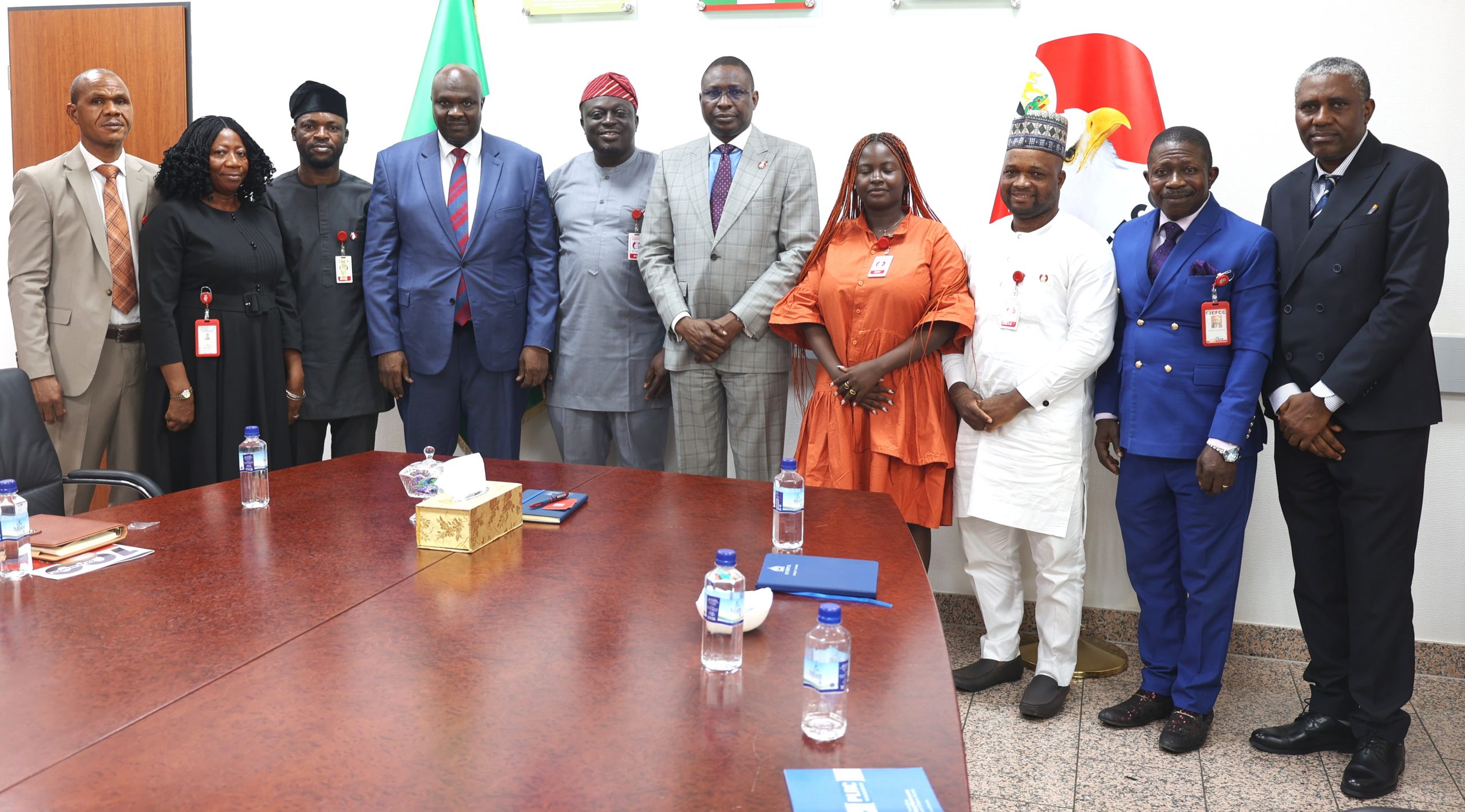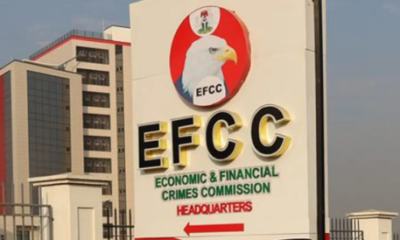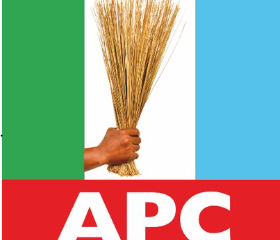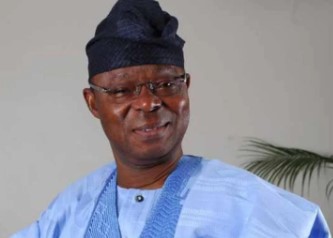The Executive Chairman of the Economic and Financial Crimes Commission, EFCC, Mr. Ola Olukoyede has stated that enforcement of extant laws and compliance with them are crucial to the attainment of impactful results in public policies.
He disclosed this in Abuja on Wednesday, March 13, 2024 while receiving officials of BudgIT that paid him a courtesy visit in his office. According to him, public policies are designed for public good but without strict enforcement of relevant laws, the objectives of the policies may not be achieved. “I have found out that the difference between policy and impact are the issues of compliance and enforcement”, he said.
While applauding BudgiT for its works in instilling transparency and accountability in public financing, the EFCC’s boss assured the organization of robust collaboration and active engagement. “The work you do and your reports are very critical as sources of intelligence and information to us. If I am going to collaborate with any organization at all, it has to be BudgiT. We are on the side of enforcement and you are on the side of information gathering. We must have a meeting point where we work together. We will give you the teeth to bite or do the biting for you”, he said.
READ ALSO: EFCC counters former Governor Obiano’s motion against alleged N4 billion fraud case
Olukoyede further stated that the EFCC under his leadership is prioritizing the corruption prevention mandate of the Commission for its cost effectiveness. “Our core area is investigation and prosecution but now I have introduced a third leg to it, which we call “Fraud Risk Prevention and Control. You will see us doing much of that now”, he said.
Earlier in his address, BudgIT’s Global Director, Oluseun Onigbinde commended Olukoyede on his strides since he assumed office as EFCC’s Chairman stressing that “Civil Society Organisations, CSOs across the country are impressed with your record of service”. He described BudgIT as “Nigeria’s leading budget research and analysis organization”, pointing out that its focus required active collaboration with the EFCC. “We cannot do this work without partnering with anti-corruption institutions, the media and the civil society, and fiscal monitoring institutions, so we constantly engage with institutions to support them”.
He decried “abuse, waste, corruption, inefficiency when it comes to public resources”, maintaining that his organization will continue to work on tracking budgets and projects across the country. “The budget is a piece of paper with a lot of projects, if we don’t monitor and evaluate it, we will not get the kind of result you want”, he said.

 Football7 days ago
Football7 days ago
 Entertainment6 days ago
Entertainment6 days ago
 Football1 week ago
Football1 week ago
 Business5 days ago
Business5 days ago
 Football1 week ago
Football1 week ago
 Football6 days ago
Football6 days ago
 Business6 days ago
Business6 days ago
 Health6 days ago
Health6 days ago











